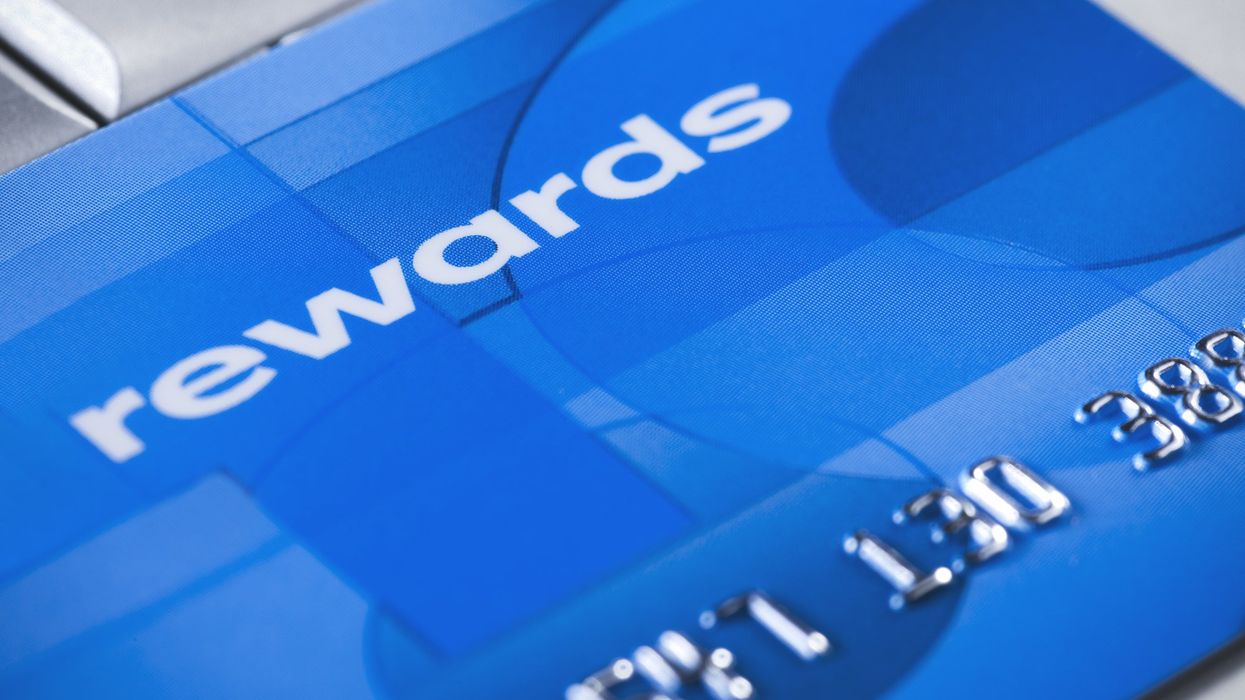Consumer loss looms with the Credit Card Competition Act

Many Democrats seem to hate credit card companies despite the myriad benefits they provide to consumers. This perspective seems to center on vague and misplaced assertions of greed and price gouging, treating almost every inconvenience associated with credit card use as prima facie evidence of malfeasance. The answer is, of course, more regulation. Or so they say.
More than a decade ago, Senator Dick Durbin (D-Ill.) managed to include the eponymous Durbin amendment in the Dodd-Frank law, subjecting debit card transaction fees to price controls. Undeterred by this policy’s decade of degrading debit cards’ consumer value, however, Durbin last year reintroduced the Credit Card Competition Act, which would extend similarly conceived regulation to credit cards.
Some politicians seem to be reflexively discomfited by the idea that major industries remain unregulated.
For whatever reason — possibly because it allows them to target two large industries at once — those supporting the CCCA often single out credit cards issued by airlines. Durbin has summoned the CEOs of Visa, Mastercard, and two airlines to appear next month before the Senate Judiciary Committee.
As a rule, consumers benefit greatly from credit-card-driven rewards programs. In fact, 30 million Americans and almost a quarter of American households hold an airline-issued credit card. These cards generated more than three-fifths of frequent flier points in 2022 and over time have generated 15 million domestic trips. Outside the airline industry, consumers enjoy tens of billions of dollars in points-driven rewards each year.
The CCCA would largely end these rewards programs and push card issuers to raise other costs for consumers. The economics are simple. When the government regulates away part of a business’ profits, the business generally will attempt to recoup its loss by raising prices or nixing customer perks.
Durbin’s bill seeks to weaken a falsely alleged “duopoly” of Visa and Mastercard among credit card payment networks. It would require large banks to provide two networks to process credit card transactions, of which one must be neither Visa nor Mastercard. This would supposedly “enhance credit card competition and choice in order to reduce excessive credit card fees” (according to a bill summary). Consumers would then enjoy lower prices, supporters posit.
These doubtful propositions contradict both history and Econ 101.
First, the 2%-3% credit card swipe fees the CCCA’s sponsors bemoan are not evidence of market dysfunction. Markets hardly ever give anybody everything they want because the laws of economics require people to make trade-offs. The bill’s mandate of dual payment networks would, moreover, weaken users’ cybersecurity, which depends on Visa's and Mastercard’s strong security standards.
“Some merchants who enjoy the benefits that come with accepting credit cards as payment — namely, attracting customers who prefer this convenience — have decided they don’t like to pay the cost,” the Mercatus Center’s Veronique de Rugy writes. “So as special interests often do, they’ve turned to Washington to intervene on their behalf.”
The market’s failure to conform to Durbin's personal preferences implies not absent competition but consumer and competitive choice.
Next, to understand the CCCA’s likely harm to consumers, consider the observed effects of the Durbin amendment. The damage has extended well past lost rewards points.
The Durbin amendment managed to lower covered banks’ average interchange fees to $0.24 from $0.50, reducing revenues from such fees somewhere between $6.6 billion and $8 billion annually. Yet consumers didn’t benefit. Instead, it enriched large retailers, to whom it transferred an estimated “$1 billion to $3 billion annually from low-income households,” according to an analysis from George Mason University.
The Richmond Federal Reserve discovered that, in the amendment’s wake, only 1.2% of retailers lowered prices, while 21.6% raised prices and more than three-quarters did nothing.
Moreover, to recoup lost profits post-Durbin, banks raised account (and other) fees significantly and offered fewer fee-free accounts. By 2013, only 38% of banks offered free current accounts, down from 76% in 2009. Many banks also raised the minimum account balance required to avoid fees.
“A typical lower-income bank customer who previously qualified for a free current account but, after Durbin, no longer meets the minimum monthly balance requirement is likely paying around $12 in monthly fees, as well as an additional $1 or more in ATM fees,” the George Mason authors write. “That’s an annual cost of around $160.”
Some politicians seem to be reflexively discomfited by the idea that major industries remain unregulated. This leads them to go in search of fabricated monsters to destroy, to tilt at windmills, and to do battle against armies of sheep. As in the cases of Durbin amendment and the CCCA, such misgovernment forces the American people to pay unintended — though not unforeseen — regulatory costs.
Source link

